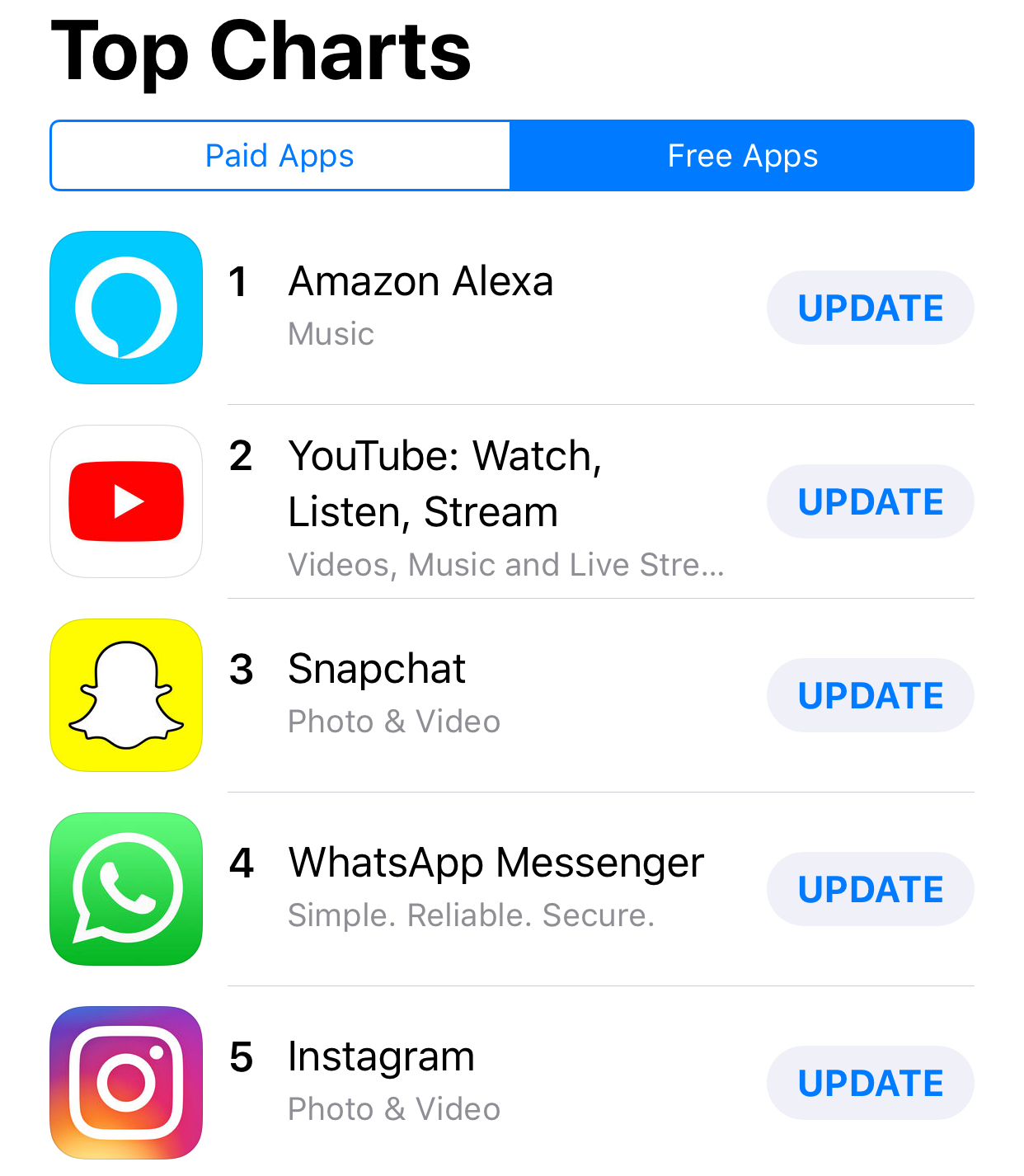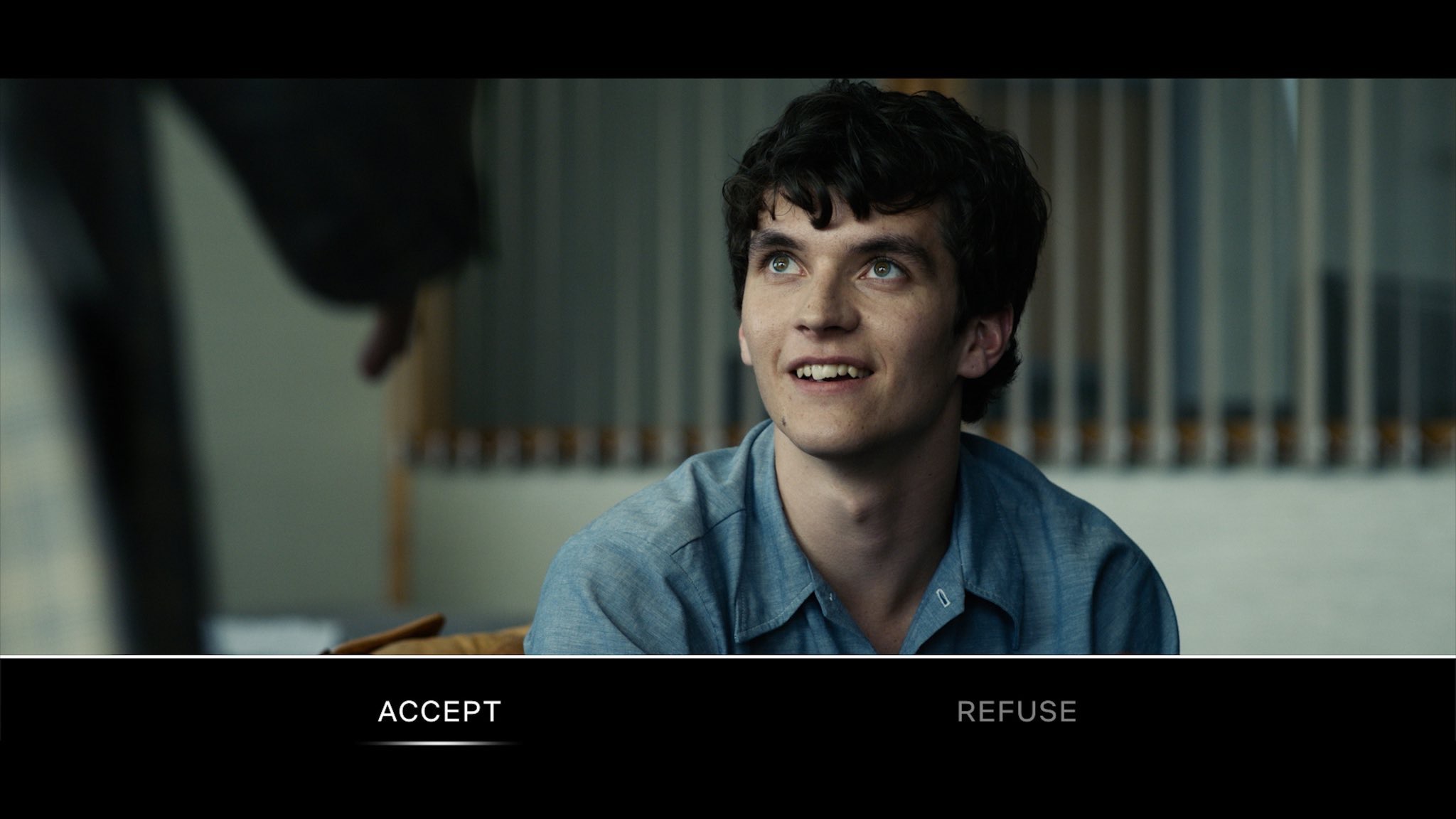2018 has been an exciting and in some many ways tumultuous year for technology, with the coming year likely to be just as eventful. Here’s a few thoughts on what’s ahead.
Voice first
In an article published at the close of 2017 I predicted that 2018 would be the year voice technology goes mainstream. This has now taken place with Amazon Alexa and Google Home devices selling in millions of units.
The Amazon Alexa service crashed on Christmas day due to unprecedented demand, and was the most popular free iPhone app over the festive period.

Google Home also sold in record numbers, with smart speakers one of the most sought after items this Christmas.
Expect to see a shift in the way individuals use the devices, with more complex interactions taking place. Progressive companies will also leverage the technology to enhance customer service, deliver unique immersive storytelling experiences and offer frictionless lead generation.
Socially challenged
2018 has been a tough year for Facebook with the Cambridge Analytica scandal, the departure of Instagram’s founders and mounting levels of political pressure. Fully expect to see more pressure exerted by Congress, and possibly the Department of Justice in the US. It wasn’t all bad news though, as Watch launched successfully, and continues to mount a challenge to the video monopoly of YouTube.
Instagram will continue to be a dominant social media platform, despite the launch of IGTV failing to make a huge impact.
Twitter still need to de-toxify the platform, and make it a safer space for its users. A key drawback of their laissez-fair approach to moderation, is that vital voices are alienated from the platform, and extremism is frequently legitimised.
LinkedIn will build upon a successful year, and the launch of video on the platform.
Snapchat will face difficult decisions, as it struggles to remain relevant. They will need to decide if their key focus is as a social media platform or hardware manufacturer. The continuing weak performance of their stocks, may mean that shareholders make this decision for them.
I predict that social media will return to a smaller scale. We’ll be less eager to overshare, more careful who we connect with and ultimately crave a simpler more personal experience involving less screen time. This will result in a reduction in the power of influencers, and mean that brands will need to work harder and be more innovative to capture attention.
It’s good to listen
As screen time is reduced our listening time increases, and podcasts will continue to enjoy a run of popularity.
Popular shows including S-Town, Serial, Pod Save America and Inside the Hive demonstrate there is a huge appetite for intelligent, well-crafted long form audio.
Smart speakers will help deliver podcast content to new listeners, and also provide interactive experiences.
Interactive everything
Netflix just launched it’s first full length interactive movie with Black Mirror: Bandersnatch. This allows the audience the opportunity to choose the shape of the narrative, and dictate the overall story arc. Although this technology has been available on DVDs and video games for many years, this is the first time it has been attempted with streamed content.

If audiences respond well to this expect to see a lot more interactive and cross-media storytelling. We’ll experience narratives across different platforms (the web, social media, smart speakers and video games), and audiences will be given greater agency.
Just as user data and analytics have influenced commissioning of original content, expect Netflix to monitor our interactions very closely. In 2019 they face increased competition from Disney and Apple in the streaming arena, so it is likely they will deploy innovative new features to counter the new challengers.